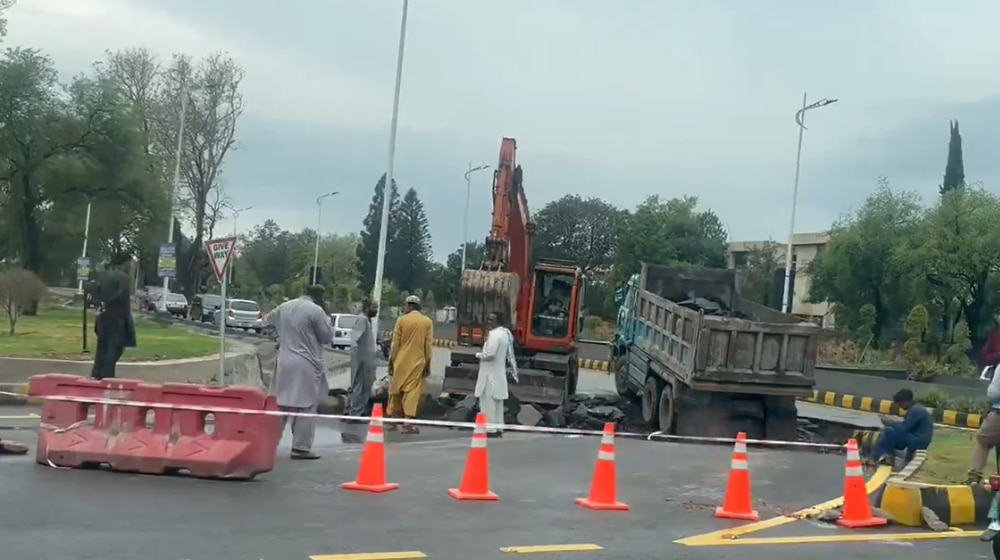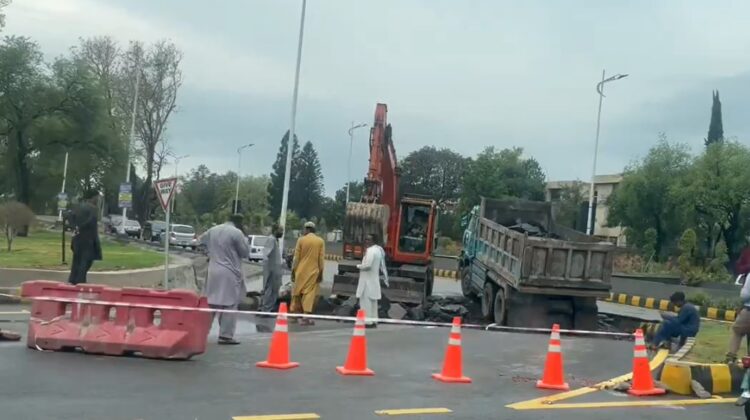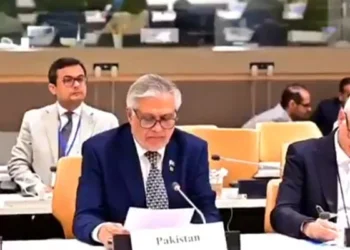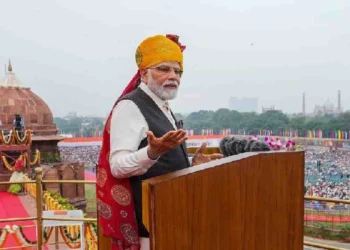ISLAMABAD: In a glaring display of misplaced priorities and ineffective governance, Chairman of the Capital Development Authority (CDA), Muhammad Ali Randhawa, has overseen a troubling deterioration of Islamabad’s urban environment.
From poorly executed infrastructure works and superficial environmental campaigns to half-baked digital experiments and questionable welfare schemes, his tenure has opened a bleak chapter in the capital’s decline and mismanagement.
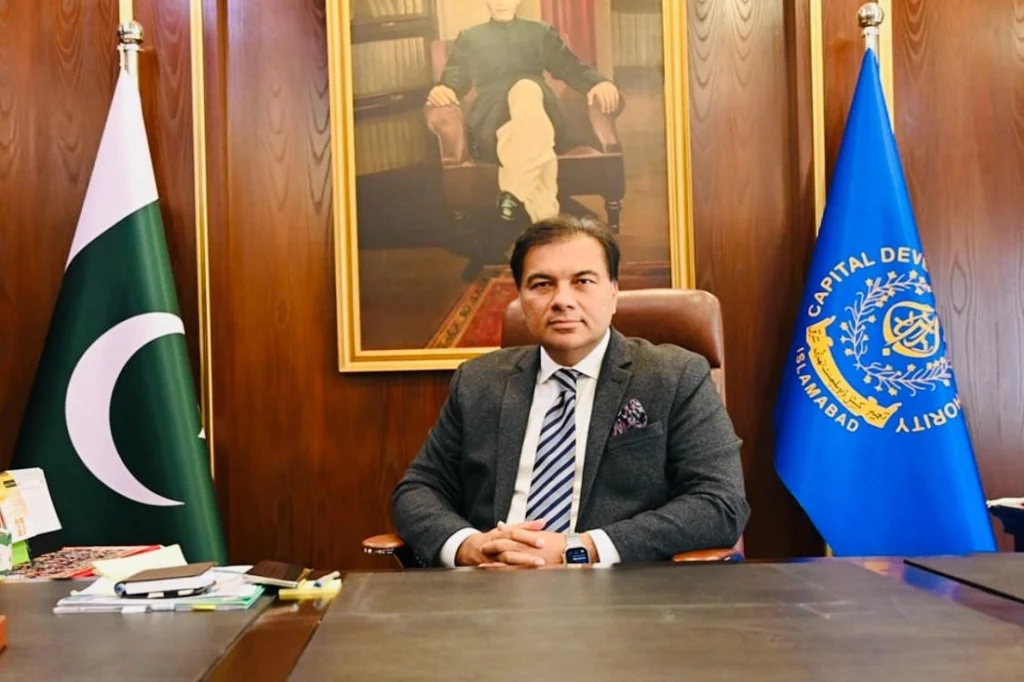
Under Chairman Randhawa’s erratic leadership, the CDA has become more opaque, sluggish, and disconnected from public needs. Beyond empty rhetoric, his haphazard approach has deepened public skepticism about the authority’s ability to deliver any real improvements.
Infrastructure projects such as the Jinnah Avenue Underpass, Tayyip Erdogan Underpass, I-8 Flyover, and the G-11 to F-10 Signal-Free Corridor have been plagued by delays and shoddy workmanship, raising serious concerns over their structural integrity and long-term safety.
Instead of easing congestion, these poorly conceived, ill-planned schemes have created new bottlenecks and chaotic intersections, worsening traffic flow rather than improving it.
Frequent complaints about uneven surfaces, waterlogging, and premature wear-and-tear highlight the substandard construction practices employed.
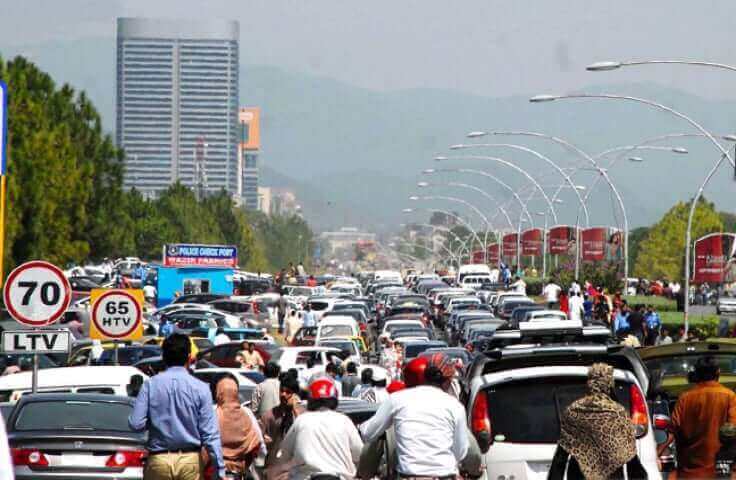
Far from providing relief, these flawed projects have compounded the capital’s traffic nightmares, leaving commuters stuck in longer snarls and more hazardous conditions than before.
The much-touted “Green Islamabad” campaign has amounted to token tree plantations that fail to address rampant environmental neglect, while neglected parks and poorly maintained green spaces continue to frustrate citizens. Promises of new sports grounds remain largely on paper, offering little genuine recreational benefit.
Chairman Randhawa’s push for digital reforms has resulted in a confusing, glitch-prone system that has complicated rather than streamlined processes like billing, map approvals, and complaint resolution—further alienating the public.
Basic services such as water supply, sanitation, emergency response, and traffic regulation have seen little tangible improvement, with residents frequently left to fend for themselves amid inefficiencies and unresponsive bureaucrats.
Meanwhile, his much-publicized affordable housing initiatives for low-income groups have so far failed to deliver meaningful relief, overshadowed by bureaucratic red tape and lack of concrete progress.
Chairman Muhammad Ali Randhawa’s tenure, despite the backing of Interior Minister Mohsin Naqvi, has done little to inspire confidence. Instead of building a model capital, his leadership risks leaving behind a legacy of unfulfilled promises and mounting urban challenges.
